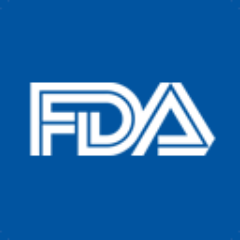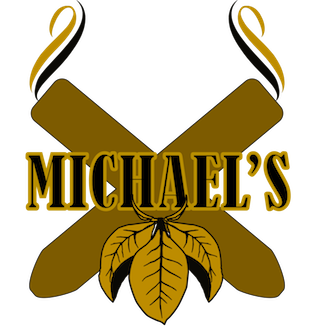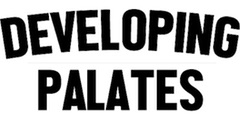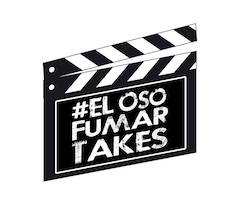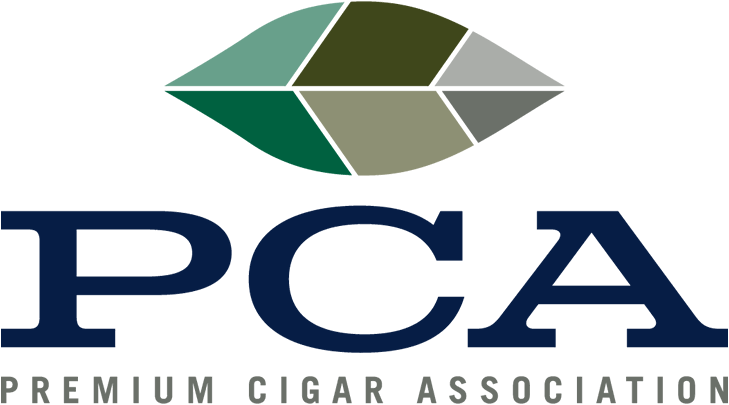Yesterday’s decision by Judge Amit P Mehta delaying the implementation by the U.S Food and Drug Administration (FDA) of premarket authorization and substantial equivalence indefinitely, gave the premium cigar industry a much-needed win.
Let’s face it – the premium cigar industry has taken a lot of lumps over the past decade. When it comes to the battle with the FDA it hasn’t been easy. Four years ago, when the FDA put the Deeming Rule in effect, it seemed like a doomsday scenario. While some will make a case that was exaggerated, regulation by the FDA is still not a good thing.
One important point to note is that the premium cigar industry is still regulated by the FDA – and that doesn’t seem to be changing any time soon. President Ronald Reagan once asked, “are you better off than you were four years ago?” While yes, the industry is still regulated, four years ago many wondered how the premium cigar industry would recover from a doomsday scenario. Now with some of the wins, many will say that while the premium cigar industry is still regulated, it is in a better place than before.
Another point is that certainly our trade associations have been criticized over the past four years. This publication has certainly delivered its share of Monday Morning Quarterbacking, but the efforts of the Trade Associations: Cigar Association of America (CAA), Cigar Rights of America (CRA), and the Premium Cigar Association (PCA) should not go unrecognized. They have done a tremendous job here.
Below we assess where we are now – and you can be the judge and answer the question is the premium cigar industry in a better place than before.
Two Big Wins for the Cigar Industry in 2020
In the cigar industry’s battle with the FDA, the two biggest battles have been Warning Labels and the challenge of Premarket Approval and Substantial Equivalence – and the cigar industry got wins on both challenges. The United States Court of Appeals for the District of Columbia unanimously struck down warning labels for cigars and pipes ruling in favor of the industry trade associations (Cigar Association of America, Cigar Rights of America, and the Premium Cigar Association). The ruling was based on the fact that the FDA did not do the necessary work to show the effect that warning labels would have on reduced smoking rates.
Meanwhile the ruling by Judge Mehta in the U.S. District Court for the District of Columbia has said that the FDA cannot move forward with the enforcement of premarket rule requirements until the agency comes up with a streamlined process for premium cigars. This means the September 9th, 2020 date has been thrown out the window. Mehta’s ruling was based on the FDA arbitrarily failing to address commenters’ requests for a streamlined substantial equivalence process for premium cigars undergoing premarket review.
Perhaps one thing that should be noted is that the comments submitted to the FDA as a part of the rule-making process have proven to be valuable in this ruling. Many from both the cigar industry and consumer standpoint have become frustrated by this process. When the FDA responded to the comments in the Deeming Rule, there was even more frustration expressed because it seemed like the FDA didn’t even give the comments submitted much thought. In Judge Mehta’s ruling, he noted this in stating “this cursory response is not reasoned decision-making.”
The FDA Wins with the Court Ruling on Premarket Approval
This might come as a surprise to many, but the FDA is probably not crying over the ruling by Judge Mehta.
Originally the FDA had planned on August 8, 2021, as the deadline where it wanted to enforce premarket approval. This changed when a lawsuit was filed by the American Academy of Pediatrics in the U.S. District Court of Maryland against the FDA claiming the FDA did not have the authority to delay the implementation. It created an interesting scenario where the Cigar Industry and FDA were on the same page as far as the 2021 deadline. In May 2019, Judge Paul Grimm of the Maryland Court ruled against the FDA, thus restoring the original August 8, 2018 deadline. Since that time had passed, Grimm implemented a new date of May 12, 2020. Because of the COVID-19 pandemic, the deadline was pushed to September 9, 2020.
Almost two weeks prior to Judge Mehta’s ruling, the FDA outlined a plan that includes an option for companies to request a deferment for filing for Substantial Equivalence (SE) and again reopening the question of how premium cigars should be regulated. The reason is between COVID-19 and an onslaught of SE applications, the FDA wanted no part of that ruling.
There were some other things gained by the FDA in Judge Mehta’s ruling.
- The FDA’s refusal to adjust the 2007 grandfather date for cigars and pipe tobacco products was not arbitrary or capricious – meaning the date stands
- The cigar industry did not demonstrate that the 2016 Effective Date (August 8, 2016) was premised on legal error
- The FDA’s imminent enforcement of the substantial equivalence process against cigars and pipe tobacco without finalizing implementing rules does not render the Final Deeming Rule arbitrary, capricious, or contrary to law – meaning if the FDA develops what is a streamlined process, substantial equivalence could still be enforced down the road
- The FDA’s cost-benefit analysis was reasonable and reasonably explained to the extent it is reviewable
In the end, the concepts of pre-market approval and SE were not thrown out. Judge Mehta’s ruling states if that the FDA streamlined process for premarket approval and SE premium cigars if it wants to implement it. At the same time, the FDA can table substantial equivalence for now and pick it up later on.
The Previous Wins
While there have been two big wins this summer, the cigar industry has gotten relief from other factions. These are the three noteworthy ones.
Delays in HPHC Testing
This decision came from the FDA directly in March 2019. It involves cigar and pipe tobacco manufacturers to report Harmful and Potentially Harmful Constituents (HPHC) in their products. Since the FDA did not have guidance on how this testing should occur, the FDA extended the deadline six months for large manufacturers and nine months for small manufacturers after the FDA releases the guidance on how this testing should occur.
Labeling Changes Allowed
This decision came from a case involving the cigarette industry. The decision was handed down by U.S. Court District Judge Amit P. Mehta on August 16th, 2016 in response to a lawsuit filed by Altria. Lorillard, and Reynolds American against the U.S. Food and Drug Administration (FDA). This ruling allowed labeling changes to be made to tobacco products. Prior to the ruling, a change in logo or color would require FDA approval through the Substantial Equivalence (SE) path.
B2B Free Samples
This was guidance issued by the FDA in October 2017. While there are restrictions on samples to consumers, the FDA says this regulation does not apply to “businesses distributing free samples in a limited quantity (i.e., no more than necessary to achieve a business or marketing goal, such as awareness of and exposure to the product for the purpose of product or inventory selection) to another business as part of a genuine effort to sell or market a tobacco product to that business.
What is Still Out There
While the big issues around Premarket Approval, Warning Labels, and HPHC have been put aside, the premium cigar industry is still very much under regulation by the U.S. Food and Drug Administration.
- Predicate Date of February 15th, 2007 (Grandfather Date)
- No Charitable Contributions
- Minimum Age Requirements
- Product Listing Registration
- Ingredient Reporting
- Consumer Samples
- User Fees


